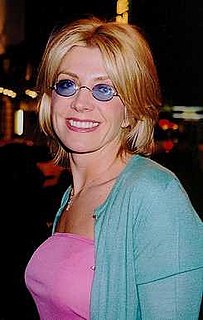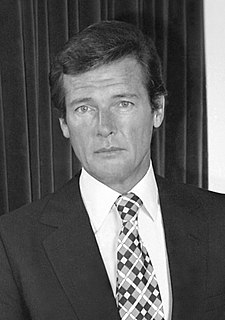A Quote by Rajiv Menon
The actor should understand the script and come prepared to play the role. At the same time, they should be flexible enough to take the director's input and portray his vision.
Related Quotes
I had to audition for Fandango. When I read the script, the role that was interesting - so everyone thought - was the role that Costner played. He was the cool guy. And I read the script, and my representation at the time said, "That's the role you should read for." And I was like, "Really? How about I read for this other role." And they went, "Well, you're not going to get that role."
You have to accept that the moment you hand a script to a director, even if you've written it as an original script, it becomes his or her movie. That's the way it has to be because the pressures on a director are so staggering and overwhelming that if he or she doesn't have that sort of level of decision making ability, that sort of free reign, the movie simply won't get done. It won't have a vision behind it. It may not be your vision as a screenwriter, but at least it will have a vision.
Every director is always directing around the play. If you have an actor who really doesn't get the character well enough, you have to direct the play around that character. You have to make choices with that actor. If you have an actor that really doesn't get the role and has certain visions of the role, sometimes you have to direct around that actor.
With a director it's all about the work; I'd work with a great director over - you know, I'm not the kind of actor who that doesn't go, 'I want to play this role.' It's more like, 'I want to work with this director,' regardless of what the role is because if it's a good director, you'll probably find a good role because it's a decent film. But a mediocre director will always make a mediocre movie.
I think the most important thing for an actor is reading the script and trying to figure out if you can play that character well. The last thing on my mind is if the director made good movies previously. It's not my job to know if that director's last movie was any good - it's my job to know if I can play the role.
The criteria [to take or refuse the role] is that I would love to have some kind of dialogue or communication with the director. I need to understand that we can communicate and that we like communication. That's something I have to have a strong feeling about. Secondly, I have to find the script intriguing or interesting. I don't have to understand the whole script, but I do have to find it intriguing. If those two things are present, that would probably be a yes.






































